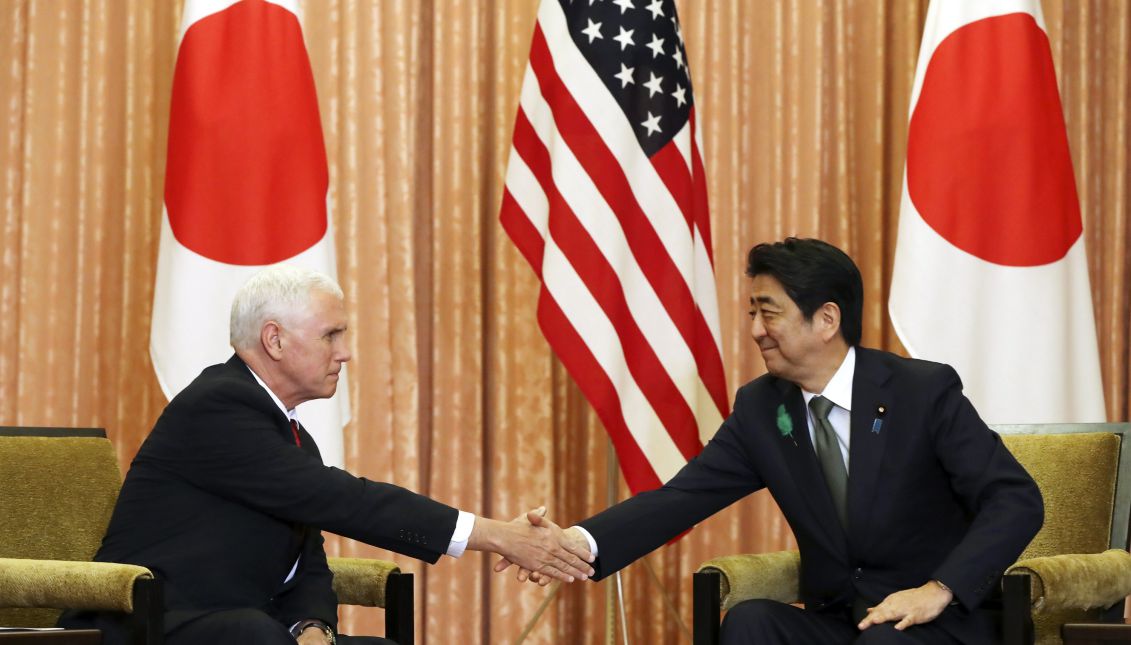
Battle of Titans: What Can America do with North Korea?
Vice President Mike Pence left South Korea for Japan today amid heightened tensions in the region following constant shows of military might by North Korea.
During his first meeting onTuesday morning, the Japanese prime minister told the vice president of the United States that he supported the stance taken by the US to keep all options open for countering threats posed by North Korea.
"It is important to seek diplomatic and peaceful efforts to address the issue, but at the same time dialogue for the sake of dialogue has no value," Shinzo Abe told Mike Pence, who is visiting Japan for two days.
Pence said Washington will assess Japan's complicated situation amid Pyongyang's repeated missile launches.
US President Donald Trump "is determined to work closely with Japan, with South Korea, and with all our allies in the region, and with China, to achieve a peaceable solution and denuclearization of the Korean Peninsula," said Pence.
Abe also spoke of increasing pressure on Pyongyang and welcomed Trump's decision to keep all alternatives on the table instead of opting for "strategic patience" like the administration under his predecessor Barack Obama.
Washington has responded to North Korea' s provocations by sending its nuclear powered aircraft carrier USS Carl Vinson to the Korean Peninsula.
On the contrary, China has reiterated that it would prefer a peaceful resolution to the issue.
In a press conference, Foreign Affairs minister Wang Yi said China remains committed to the goal of denuclearization in the Korean peninsula and would prefer the use of peaceful and diplomatic means to resolve the issue.
CONTENIDO RELACIONADO
"I think this is a common aspiration of the countries and a realistic way to resolve the North Korean nuclear issue," added Wang.
"In fact, the US has also reaffirmed its willingness to stick to diplomacy and peaceful means in settling this issue. This is the first option although there are other options on the table," he added.
He stressed China considers the crisis an opportunity to resume dialogue and negotiations.
North Korea's Deputy Ambassador to the United Nations, Kim In Ryong, warned Monday night at the UN headquarters in New York the US is pushing the situation to the brink of war. "It has created a situation where a thermonuclear war may break out at any moment," he said.
"The last thing needed in the fraught situation in Northeast Asia, where military action could spiral into catastrophe, is more macho posturing, " writes analyst Ian Buruma in The Atlantic.
"America doesn’t know exactly what North Korea's nuclear capability is, but it is likely sufficient to kill millions of South Koreans or Japanese. That North Korea would be smashed in retaliation is no consolation. The fact is that there is nothing much America can do about Kim’s attempts to develop nuclear-tipped missiles, especially without China’s support. Even Trump, his brilliance notwithstanding, must realize that some problems just cannot be “solved, ” Buruma added.


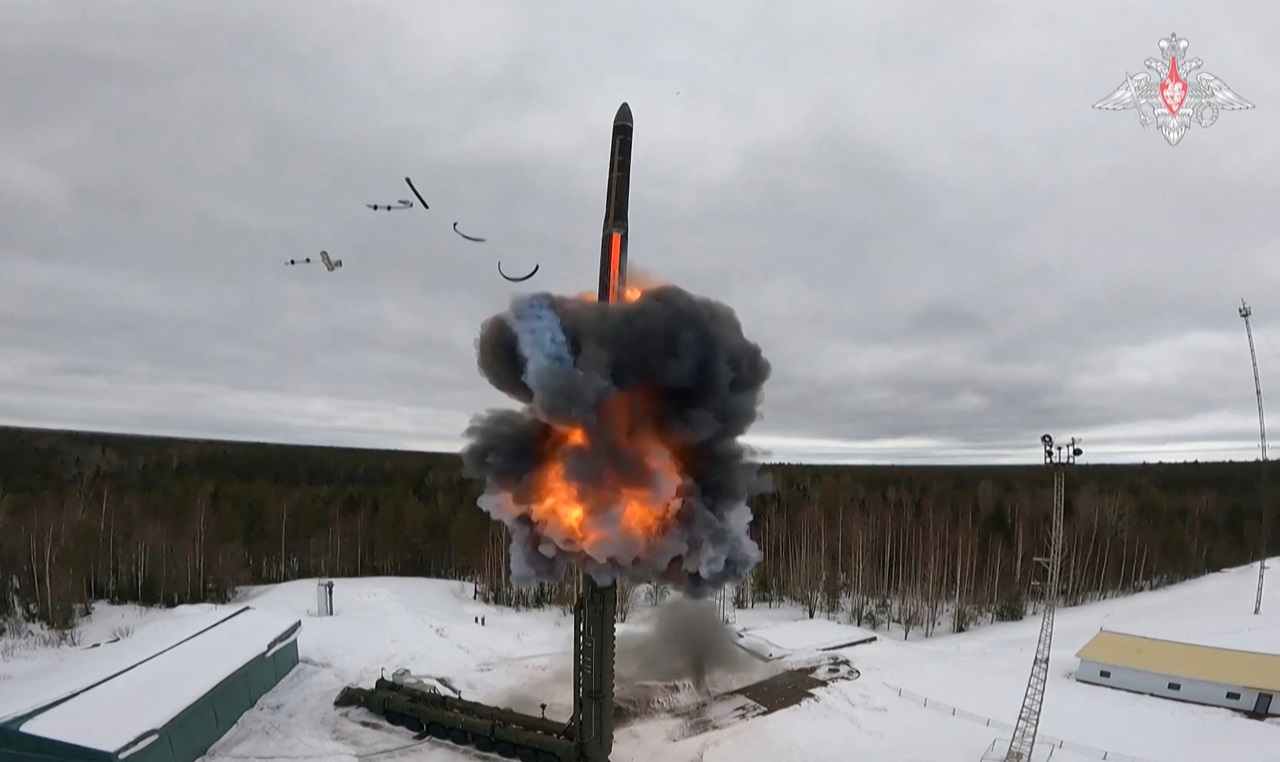
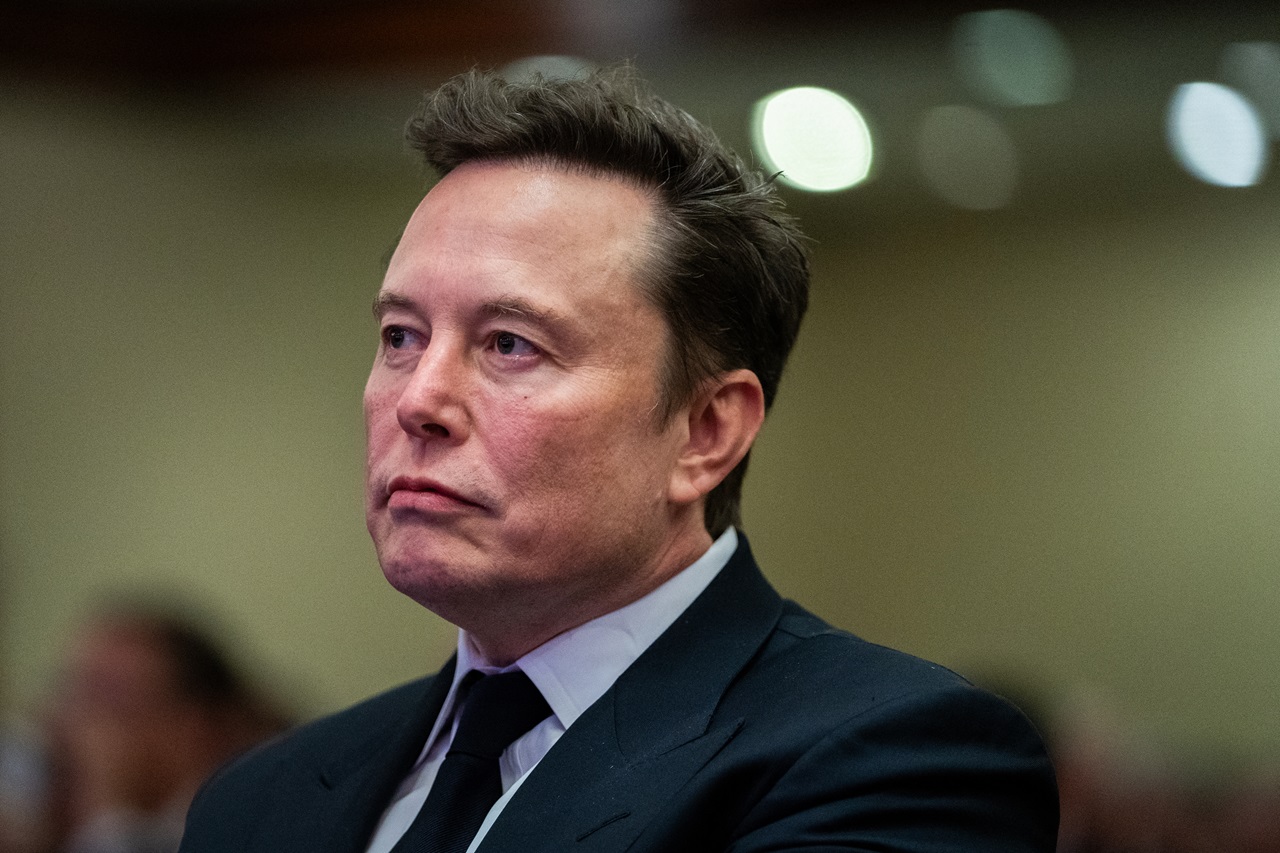
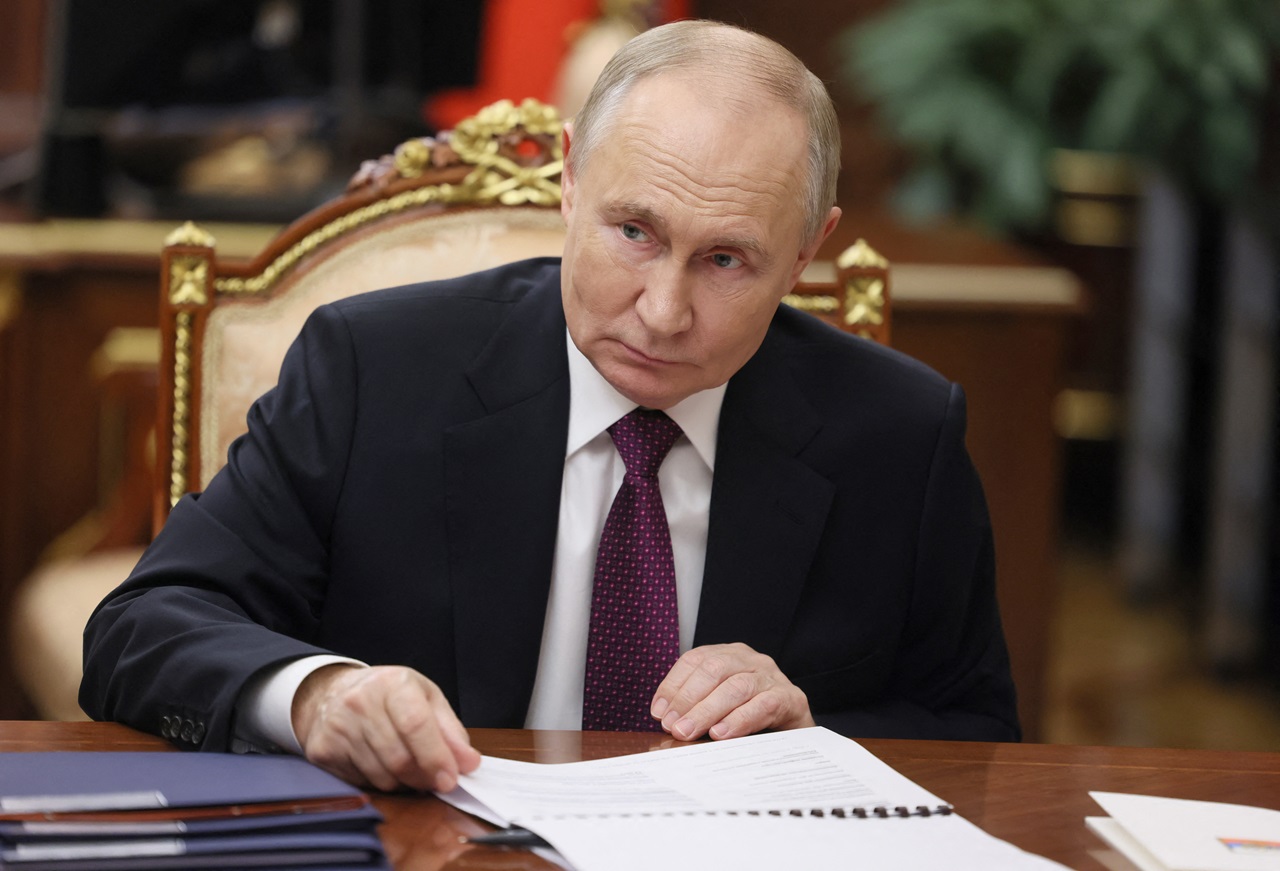

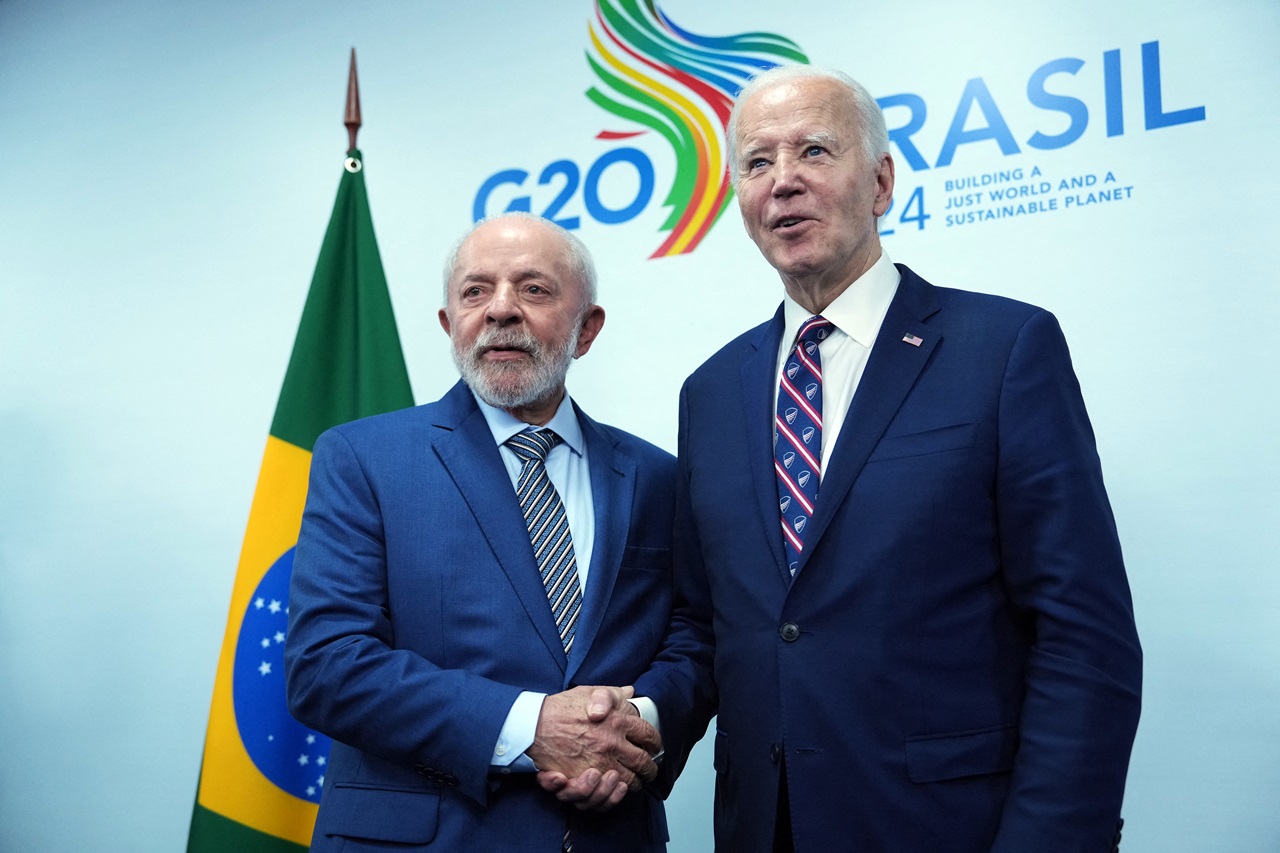
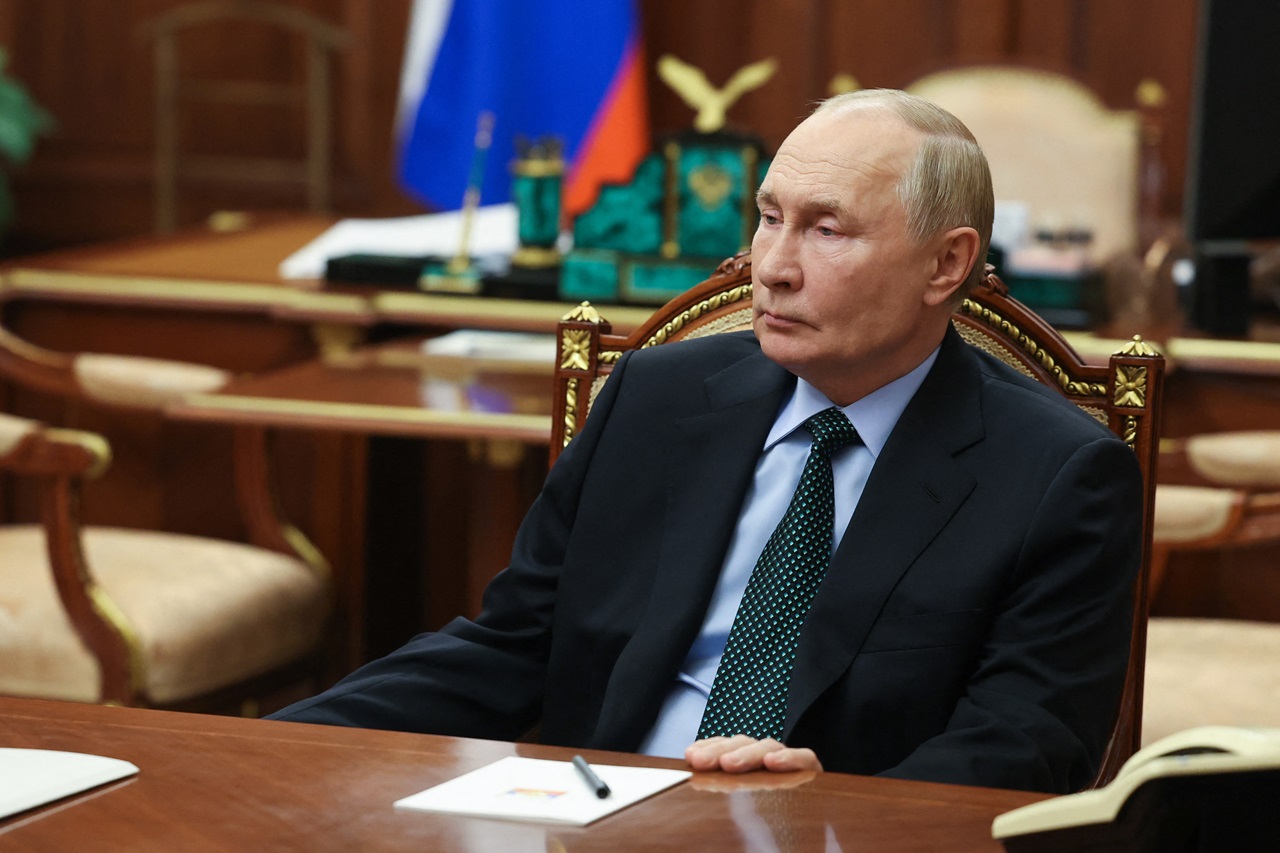

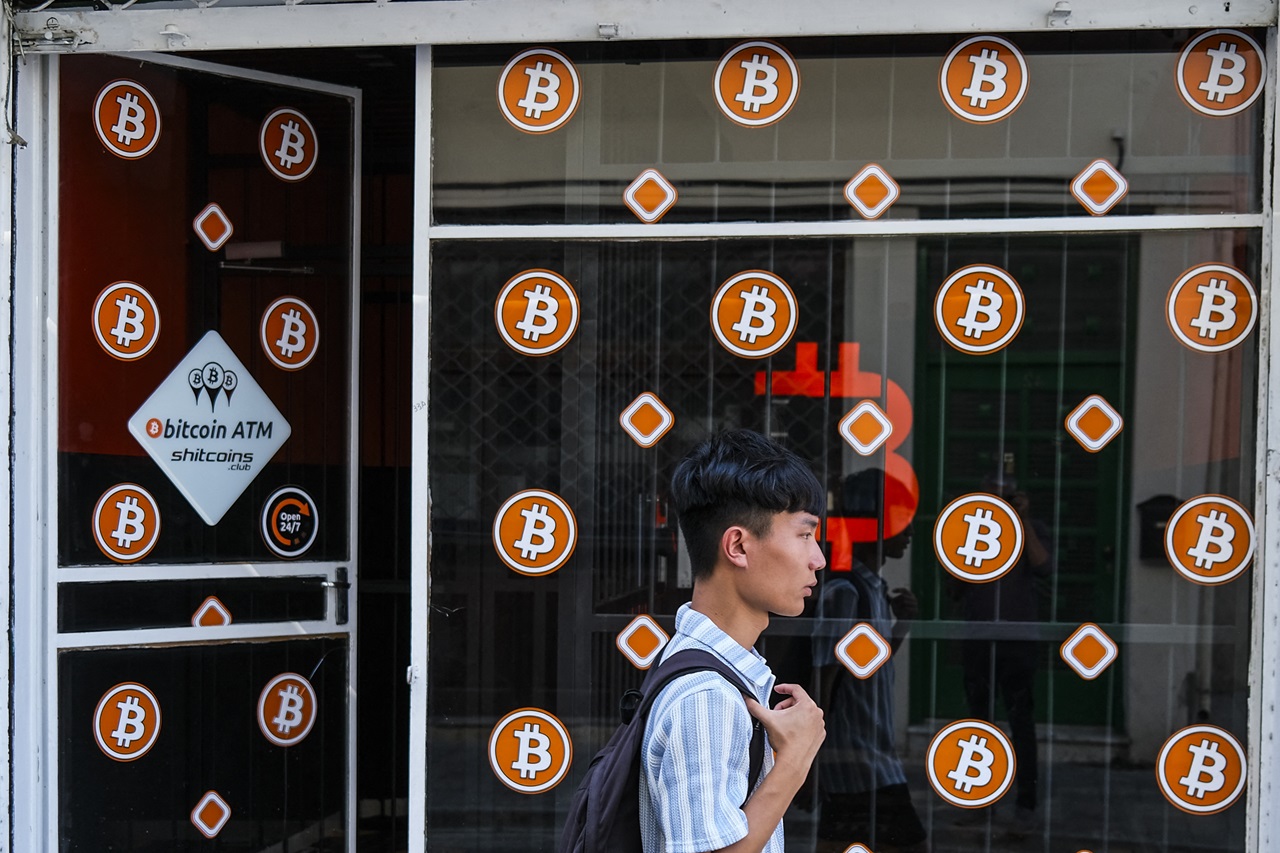
DEJE UN COMENTARIO:
¡Únete a la discusión! Deja un comentario.